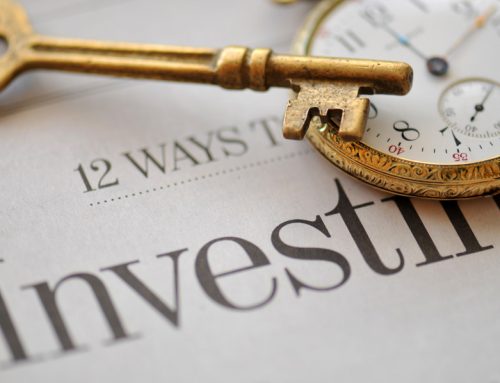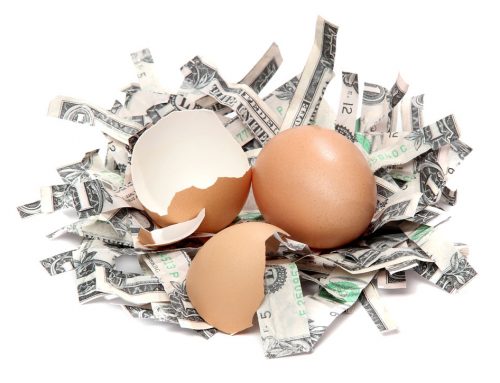The challenges imposed by social distancing in businesses and telecommuting leave little doubt the economy will be radically different going forward, but for ordinary investors — saving for retirement and college tuition — stocks remain the cornerstone of a sound strategy.
Pessimism abounds among professional money managers because their stock-in-trade is timing markets and picking stocks to beat overall trends in the markets. The track records of actively managed mutual funds vs. index funds reveals few have great success.
As COVID-19 gripped the country, the S&P 500 Index, the best broad indicator for equity markets, fell 31 percent by late March from its end of 2019 value. As the virus came under control, stocks recovered but since early June, equities have exhibited turbulence reflecting uncertainty about the strength of the economic recovery and prospects for a second wave contagion.
Investors rushed to buy on news that the economy created 2.5 million jobs in May, then pulled back as the Federal Reserve lamented about risks to the recovery. When Apple closed stores in the Carolinas, Texas and Arizona on a surge of new infections, the market turned an inter-day rally into a loss.
Utilities, normally the stalwarts of calm because regulators guarantee their profitability, have exhibited even greater volatility than stocks. That’s fear, not sound investor analysis, and gold — the ultimate fear asset — is moving up again.
Investors should fix on three ideas. We will have a vaccine for the virus late this year or next. The shutdown and slow reopening are doing what wars, natural disasters and recessions always do — accelerate changes, especially technology-driven progress that were unfolding beforehand. And stocks are not overvalued but will become undervalued at current prices as soon as a fix for the virus emerges.
Those money managers who would have you flee stocks or pick winners can’t tell you when or which vaccine developer in the United States, Great Britain, China or Russia will ultimately emerge the winner. Or if any will manage to profit other than garner some national laurels.
Restaurants and brick-and-mortar stores were already threatened by industrial kitchens and delivered meals and all manner of merchandise delivered directly to your door. Now Walmart, Target and Costco are gaining more new online grocery customers during the pandemic than Amazon. Who’d a thought!
Currently, the S&P 500 is selling for 22 times earnings. That price-earnings ratio is below the 25-year moving average of 25 and implies an equivalent interest rate of 4.5%. Ten-year Treasuries are yielding less than 1%, and the Federal Reserve appears committed to keeping those rates low.
Stocks outperform bonds by a considerable margin over any reasonable period and were Fed Chairman Jerome Powell to push up interest rates to combat inflation, holders of existing bonds at current low coupon rates would see their market value plunge.
For ordinary folks, except for some rainy-day money in bonds with staggered maturities, those are a fools’ journey.
Gold is maddening: The recent surge means burying bullion in the backyard or in an electronically-traded fund carries more downside risk than potential gain. Since 1995, stocks have well outperformed gold and if not for slick ads on TV, ordinary investors would stay away.
The sustainable price-to-earnings ratio has been steadily rising — in 1995, the 25-year moving average was only 14. Simply, as the global population ages, it saves more, and that drives down returns on safe investments like Treasuries and pushes up stock prices.
Until now, China and some developing countries have dominated global growth, but few of those places have the legal protections or political stability to warrant parking money.
Ordinary investors, corporate finance officers and banks worldwide like U.S. Treasuries and other dollar assets to store wealth. That drives down U.S. interest rates and drives up the U.S. stock market as a store of value.
Currently, the 12-month forward, expected P/E for the S&P 500 is 22, but as soon as the virus vaccine riddle gets solved, prospective corporate earnings will surge. Investors that stick with stocks will be rewarded.
Overinvesting in real estate is a poor solution, too.
Over the past 25 years, the average return on residential real estate in the 10-largest metro areas was 4.5%. Whereas including dividends, it was 11.8% for the S&P 500.
My advice remains through storms and sunshine, the soundest long-term choice for ordinary folks are the Vanguard, USAA and similar S&P 500 index funds.
Put a bit in every payday and retire nicely.









